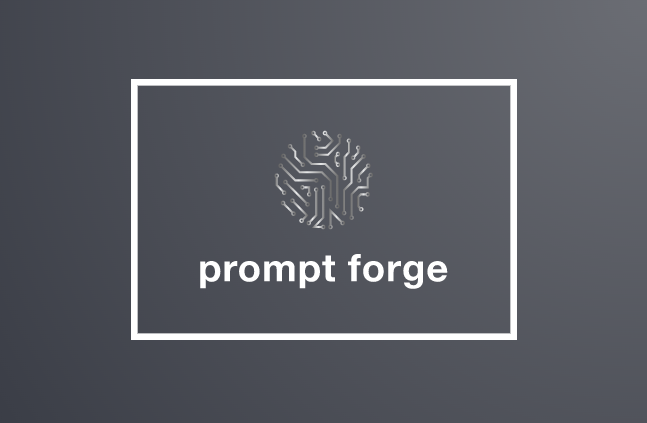
The age of the chatbot is upon us. These artificial intelligence (AI)-powered programs can now hold conversations, answer questions, and even generate creative content. But which chatbot is right for you? In this blog post, we’ll compare and contrast the strengths and weaknesses of three of the most popular chatbots on the market: ChatGPT, Bing Chat, and Google Bard.
So, which chatbot will you choose? Read on to find out.
ChatGPT: ChatGPT is a large language model chatbot developed by OpenAI. It is trained on a massive dataset of text and code, and can generate text, translate languages, write different kinds of creative content, and answer your questions in an informative way. ChatGPT is like a skilled blacksmith. It can take a piece of raw metal and forge it into anything you can imagine. It is strong and durable, and can withstand a lot of wear and tear. However, ChatGPT’s current knowledge ends in September 2021, so can be a bit inflexible. It is not always able to adapt to new situations or challenges nor can it speak to current events. Perhaps the biggest strength of ChatGPT is that it can ‘remember’ the discussion in a chat session, so you can train it over time to generate better and better responses.
Bing Chat: Bing Chat is a chatbot developed by Microsoft. It is trained on a dataset of text and code, and can generate text, translate languages, write different kinds of creative content, and answer your questions in an informative way. Bing Chat is like a construction worker. It can take a set of plans and build a structure that is both functional and aesthetically pleasing. It is versatile and adaptable, and can handle a wide range of tasks. However, Bing Chat can be a bit rough around the edges. It is not always as polished or refined as ChatGPT. Additionally, sometimes the results include a lot of hyperlinks that feel more like it’s trying to sell you something as opposed to trying to tell you something. One significant weakness is that Bing is designed to not remember interactions between sessions, ending the ‘memory’ of the conversation when the user closes a window. This means training it over time to generate consistent responses in a tone or voice is not be possible (yet).
Google Bard: Google Bard is a chatbot developed by Google AI. It is trained on a massive dataset of text and code, and can generate text, translate languages, write different kinds of creative content, and answer your questions in an informative way. Google Bard is like a master craftsman. It can take a piece of raw material and create a masterpiece. It is elegant and refined, and can handle even the most complex tasks. Another unique strength of Google Bard is that it can show you alternate ‘drafts’ of the response it builds for you so you can see different answers to the same prompt. However, like Bing, Bard does not remember previous conversations. Every conversation is treated as a new one, so it might not be able to remember a specific tone or voice that you’ve trained into it.
So, which chatbot is right for you? It depends on your needs and preferences. Ultimately, the best way to decide which chatbot is right for you is to try them all out and see which one you like best. Do you have a preference? Sound off in the comments to let us know which one you prefer and why.
